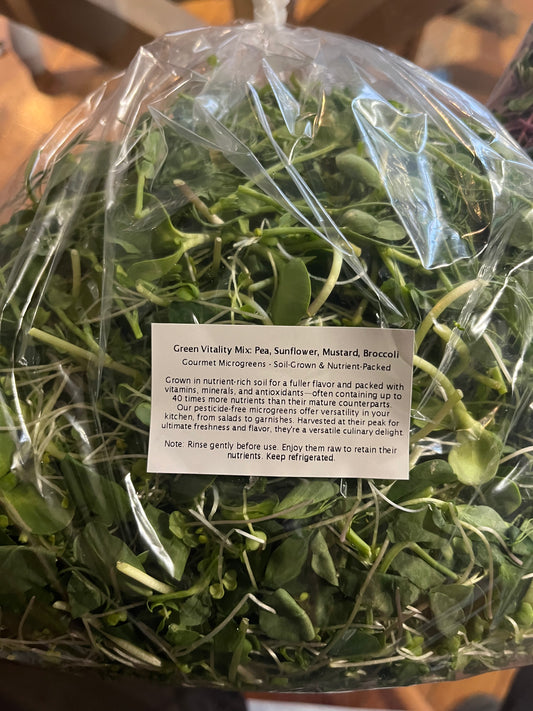Kia ora fellow foodies and green-thumb friends! 🌱 Today, we're exploring the world of eggs. Specifically, we'll look at the differences between free-range, colony, and other types of eggs - so let's crack into it!
What Are Free-Range Eggs?
The term "free-range" often conjures images of chickens roaming freely in a lush, open field. However, the reality can be quite different. In its simplest form, "free-range" refers to chickens that have some level of access to the outdoors. This could range from chickens grazing all day on vast acres of land to those allowed outside for only a limited time each day, in a small area. The key factor here is outdoor access, but the quality and quantity of that access can vary greatly.
Benefits of Free-Range Eggs
- Animal Welfare: Generally, free-range systems allow for more natural behaviours, such as scratching, foraging and pecking.
- Egg Quality: Some studies suggest that free-range eggs can have higher levels of certain nutrients, like omega-3 fatty acids and vitamins.
What Are Colony Eggs?
Colony eggs come from a system known as "colony housing" or "enriched cage systems." This is a step up from conventional caged systems, providing more space and amenities for the chickens, such as perches, nesting boxes, and scratching areas.
Advantages of Colony Housing
- Improved Welfare: Compared to standard cages, colony housing offers more space and opportunities for natural behaviours.
- Controlled Environment: These systems can provide a more controlled environment, which can be beneficial for health management and egg production.
Other Types of Eggs
Besides free-range and colony eggs, there are other categories worth noting:
Organic Eggs: These come from chickens fed an organic diet and have access to the outdoors. The use of pesticides and synthetic fertilisers is prohibited in their feed.
Pasture-Raised Eggs: Chickens are raised on a pasture and can graze and forage. This category often implies more space per chicken than free-range.
Cage-Free Eggs: This term indicates that chickens are not kept in cages but doesn't necessarily mean they have outdoor access. It's more about the indoor environment, which allows for more natural behaviours compared to conventional caged systems.
Making Sense of Labels
Navigating egg labels can be confusing. Here are some tips to help you understand what you're buying:
- Understand the Terms: Realise that terms like "free-range" can have a wide range of meanings. Research the brand or farm if possible to understand their specific practices.
- Local Sources: Consider buying from local farms where you can directly enquire about their farming practices and see the conditions for yourself.
- View the Farm: If you're buying locally, go and visit the farm. Then you can see the chickens and how they are kept. You can tell a happy hen and see the environment that they live in.
The Wrap Up
Eggs are a staple in many diets, and understanding the differences in how they are produced can help us make informed choices. Whether it's free-range, colony, organic, pasture-raised, or cage-free, each category has its own set of characteristics and implications for animal welfare, egg quality, and environmental impact.
Remember, the choice of which eggs to buy is a personal one, influenced by factors like ethics, health, and budget. Our goal here is not to sway you towards a specific type but to provide the information you need to make the choice that's right for you.
We hope this has been an enlightening journey into the world of eggs. As always, we are committed to providing you with valuable insights into the food you consume and the farming practices behind it. Stay tuned for more seasonal updates from our farm - and if you're interested in knowing how we raise our girls, you can read about it here: https://seasonalfarm.co.nz/blogs/news/a-day-in-the-life-of-seasonal-farms-happy-chickens







